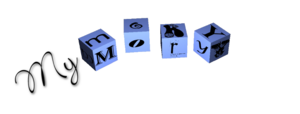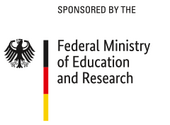In the near future, every PC user will be able to link each information item on his desktop to every other item with the level of granularity he desires.
This will lead to personal information webs which offer more flexible ways of human-centered information access, chances to fuse information in creative ways (even by machines), and new ways of information sharing with peers. However, at present it is largely unknown how these networks of information can be established, maintained, and utilized in a way that they make sense to knowledge workers and are thus an optimal breeding ground for knowledge creation and application in companies.
The vision of Mymory is i) to employ technologies for unobtrusive user observation in order to create relations between information items that are meaningful to the user in his specific context, ii) to use attention evidence for more precise information delivery, and iii) to provide mechanisms of meaning coordination to facilitate reusability of knowledge among different contexts. Ultimately, Mymory will lead to a personal memory for knowledge workers which is not only a passive storage, but also proactively supports context-driven structuring of its content and user-perspective interpretation and incorporation of arriving information.
To realize this vision, Mymory will concentrate on the following research topics:
- Concepts and techniques for unobtrusive multi-modal attention evidence generation,
- Rich multi-modal context models to capture situation-specific work contexts,
- Attention-oriented retrieval techniques which extend state-of-the-art approaches to allow the exploitation of attention data for situated document retrieval, and
- sensemaking support by situated document annotations and meaning coordination.
The research tracks have their own modular research program with their respective evaluation and validation methods, but will also be integrated into a comprehensive concept of a Connected Context-aware Creative Document Workspace (C3DW) and illustrated by prototypes. Furthermore, the project will profit from close collaboration with a board of application partners and will emphasize applied and experimental validation and evaluation aspects.


